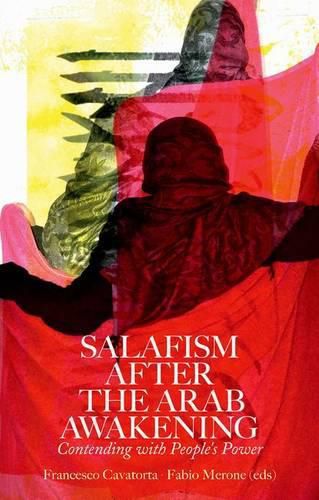Readings Newsletter
Become a Readings Member to make your shopping experience even easier.
Sign in or sign up for free!
You’re not far away from qualifying for FREE standard shipping within Australia
You’ve qualified for FREE standard shipping within Australia
The cart is loading…






One of the most interesting consequences of the Arab awakening has been the central role of Salafists in a number of countries. In particular, there seems to have been a move away from traditional quietism towards an increasing degree of politicisation. The arrival on the political scene of Salafist parties in Egypt, Tunisia, and Yemen, as well as the seemingly growing desire of Salafists in other Arab countries to enter institutional politics through the creation of political parties, highlights quite clearly the debates around how to react to the awakening within Salafist circles. This book examines in detail how Salafism, both theologically and politically, is contending with the Arab uprisings across a number of countries. The focus is primarily on what kind of politicisation, if any, has taken place and what forms it has adopted. As some of the contributions make clear,
politicisation does not necessarily diminish the role of jihad or the influence of quietism, revealing tensions and struggles within the complex world of Salafism.
$9.00 standard shipping within Australia
FREE standard shipping within Australia for orders over $100.00
Express & International shipping calculated at checkout
One of the most interesting consequences of the Arab awakening has been the central role of Salafists in a number of countries. In particular, there seems to have been a move away from traditional quietism towards an increasing degree of politicisation. The arrival on the political scene of Salafist parties in Egypt, Tunisia, and Yemen, as well as the seemingly growing desire of Salafists in other Arab countries to enter institutional politics through the creation of political parties, highlights quite clearly the debates around how to react to the awakening within Salafist circles. This book examines in detail how Salafism, both theologically and politically, is contending with the Arab uprisings across a number of countries. The focus is primarily on what kind of politicisation, if any, has taken place and what forms it has adopted. As some of the contributions make clear,
politicisation does not necessarily diminish the role of jihad or the influence of quietism, revealing tensions and struggles within the complex world of Salafism.